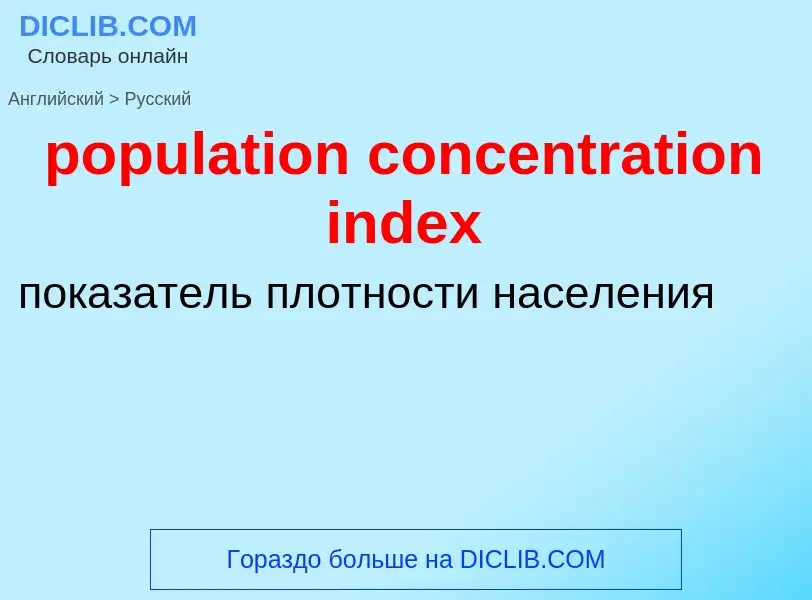Traducción y análisis de palabras por inteligencia artificial ChatGPT
En esta página puede obtener un análisis detallado de una palabra o frase, producido utilizando la mejor tecnología de inteligencia artificial hasta la fecha:
- cómo se usa la palabra
- frecuencia de uso
- se utiliza con más frecuencia en el habla oral o escrita
- opciones de traducción
- ejemplos de uso (varias frases con traducción)
- etimología
population concentration index - traducción al ruso
Definición
Wikipedia
Whipple's index (or index of concentration), invented by American demographer George Chandler Whipple (1866–1924), is a method to measure the tendency for individuals to inaccurately report their actual age or date of birth. Respondents to a census or other survey sometimes report their age or date of birth as a round number (typically ending in 0 and 5), or to be more culturally favorable, for example, so that they appear younger or to have been born on a date considered luckier than their actual date of birth. The process of reporting a rounded or “lucky” age is known as age-heaping.


